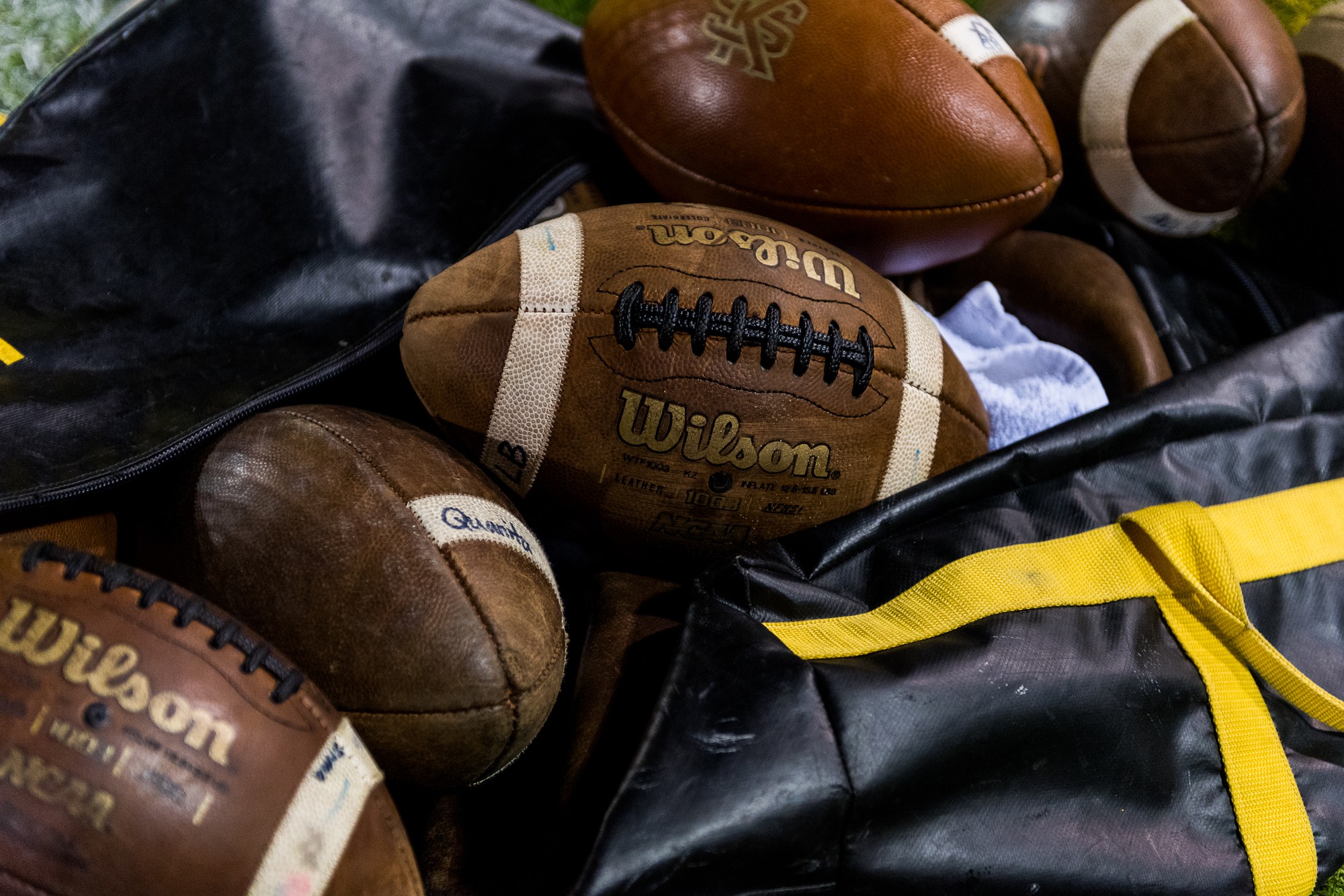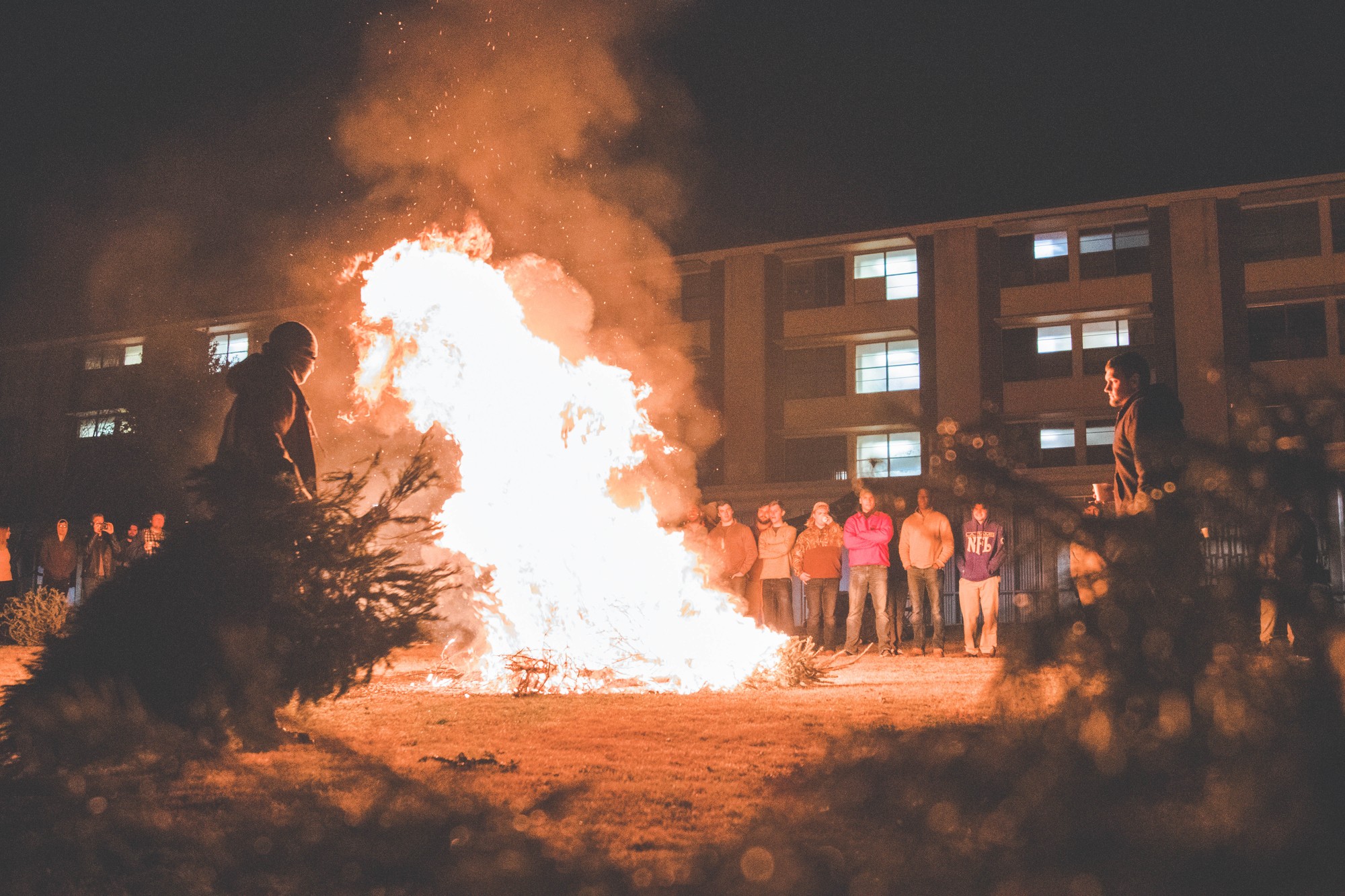Without student-athletes, there would be no such thing as making brackets for March Madness, spending Saturday nights under the lights watching football, or ultimately, the large sums of money brought in to universities by these teams. College athletes do so much for universities like Kennesaw State, and the least schools can do is to pay them back for their hard work and dedication.
Last year, revenue for the National Collegiate Athletic Association surpassed $1 billion, making the organization one of the biggest names in sports entertainment. Despite its continued financial growth, the association continues to defend its policy of denying salaries to their players.
The debate over compensating college athletes began in 1957 with the organization’s first executive director, Walter Byers. The association was involved in a Colorado court case during Byers’ time as the director over its refusal to pay workmen’s compensation death benefits to Billie Dwade Dennison, the widow of a football player who suffered a fatal head injury while playing for Fort Lewis A&M College.
While Dennison was initially awarded her husband’s benefits, the association appealed, claiming that the player was not an employee but rather a student-athlete. The initial decision was overturned and Dennison was left with nothing.
Byers is credited with creating the term “student-athlete” as a way to avoid compensation insurance claims by injured players. The designation is now used across the association to avoid the legal requirements of treating college athletes as employees.
Rachel Elliot, a recent KSU civil engineering graduate, expressed her frustration over how the association treats athletes.
“Colleges monetize football to line the pockets of rich people in charge while exploiting young people whose greatest hope of financial security and education is in playing football,” Elliot said. “It’s exploitative and forces students to depend on the college while actually getting nothing from it.”
While playing for a college sports team can share benefits such as scholarships, the demanding schedule that athletes follow leaves them with little time for gainful employment. This has led to players resorting to selling their autographs or shoes to make money, something the association expressly forbids.
“Because of the practices and scrimmages they have to do, they do not have time to get a regular job,” said accounting graduate Kevin Sammie. “Also, [compensation] stops them from breaking school policies by selling their autographs for money.”
The most direct argument, however, is that schools simply owe their athletes for all the hard work and benefits they provide for universities.
“The students bring a large sum of revenue to the school through ticket purchases, as well as publicity through televised games,” said Jason Outwater, junior information systems major. “They deserve at least some kind of compensation for that.”
As with most national disputes, it all comes down to money. An organization worth over $1 billion refuses to pay their athletes due to a vague definition of a term they created to avoid compensating injured players and their families. This position is rooted in the unethical behavior of generations past, and until the association pays its athletes fairly, college sports continue to be a source of conflict and inequity.




